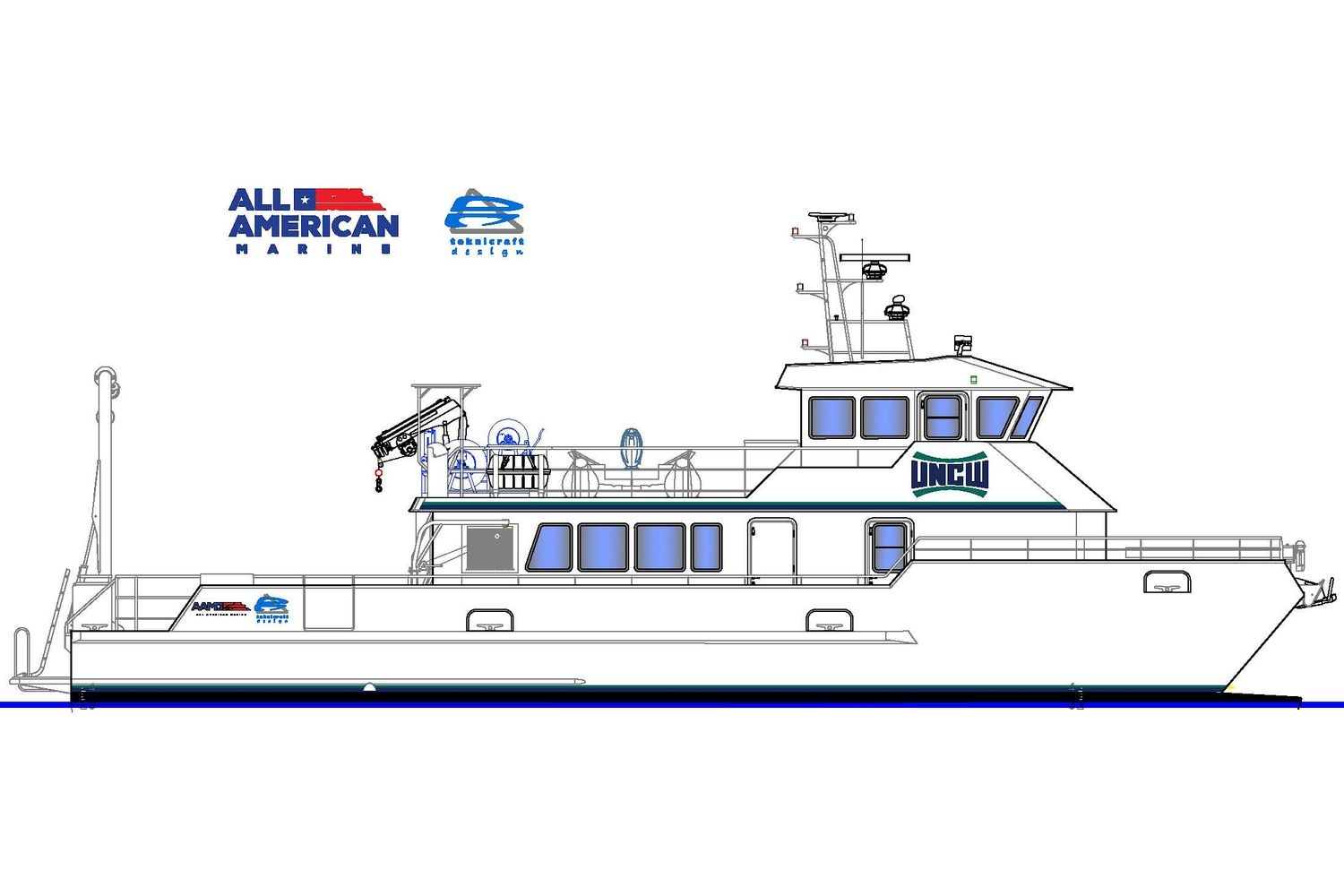Welcome to the Department of Biology and Marine Biology!

Our Degree Programs
Other Resources
College & Department News
Contact Us
Department of Biology and Marine Biology
Phone: 910.962.3487
Fax: 910.962.4066
601 South College Road
Dobo Hall, 1010
Wilmington, NC 28403-5915








